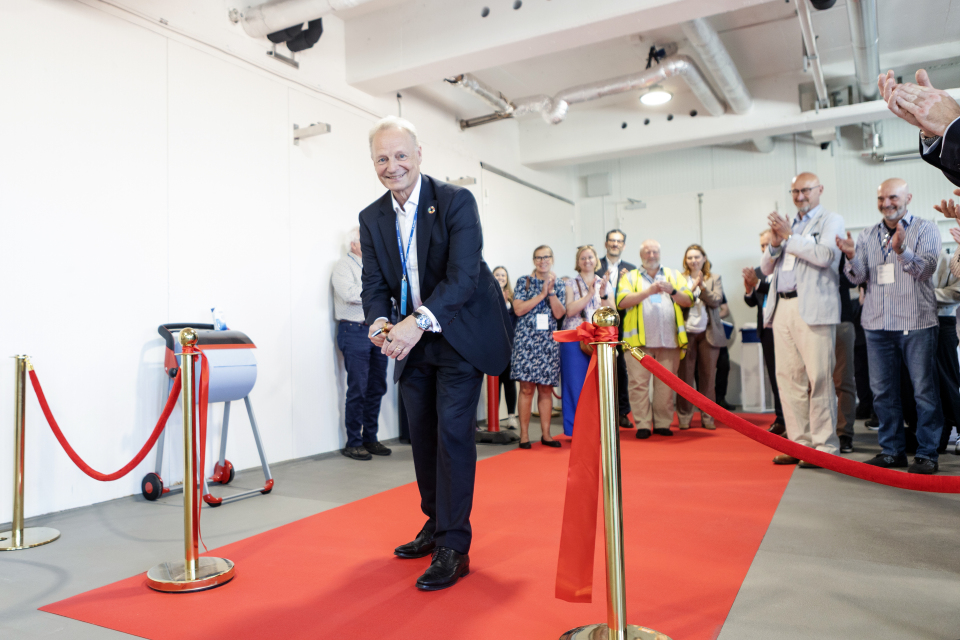

Tetra Pak opens new food technology centre to fast-track fermentation-derived foods
Tetra Pak has officially opened its new Technology Development Centre in Karlshamn, Sweden, to support the commercial scaleup of biomass and precision fermentation-derived foods. The pilot plant is designed to help producers transition from prototype to market-ready products more quickly, while minimizing the investment risk associated with emerging food technologies.
Launched on 13 June 2025, the new center is part of Tetra Pak’s broader product development ecosystem and represents what the company calls its “most significant commitment” yet to the growing new food sector. Speaking at the inauguration, Charles Brand, Executive Vice President for Processing Solutions & Equipment, said: “At a time when others in the industry are scaling back, we are moving forward. We believe in the need to develop new food sources to feed a growing population, but we understand that scaling new food products is a step into the unknown. That’s exactly where our strengths lie.”

As global investment in fermentation-derived foods becomes increasingly competitive, producers are under pressure to prove commercial viability and reduce time to market. Tetra Pak’s new facility aims to help both startups and established food manufacturers meet that challenge with tailored support from experts in bioprocessing, food technology, and equipment design.
The center enables producers to test and refine both upstream and downstream processes at demo scale, helping them identify the most efficient path to production. This includes side-by-side comparisons of harvest technologies and validation of process performance to reduce operational and capital costs. With an adaptable, modular setup, the center's production lines are scalable and specifically configured for food applications, offering a more practical alternative to complex biomanufacturing systems.
Producers working with the center can opt for one of two structured development programs or select individual trial activities to suit their needs. The process evaluation programme is tailored to companies transitioning from lab-scale production to demo-scale, or those exploring new methods to boost efficiency. The productivity validation programme is geared toward businesses with established processes, offering performance validation and recommendations for process improvements.

A team of in-house experts – including biotech and food technologists, lab technicians, and line solution specialists – collaborate closely with each producer to ensure trials are aligned with their microorganism strains and end product goals. The aim is to support the development of flexible production systems that grow with the business and meet the demands of evolving product categories, including functional ingredients and end-use alternatives like meat or fish substitutes.
“Startups are struggling with translating production to food-scale, and we know how to do that,” continued Brand. “Using our extensive food production experience and development center network, we help customers upscale from prototypes to production lines. New food innovation shouldn’t be viewed as aspirational – it’s about delivering practical solutions that can put food on shelves around the world, today.”
Through the Karlshamn facility, food producers can also link up with other Tetra Pak development centers, such as those in Lund, to further refine food properties, test different formulations, and shape go-to-market strategies. This integrated support system is designed to enhance the chances of market success for novel food formats while addressing both consumer expectations and operational challenges.
The center's opening underscores Tetra Pak’s long-term commitment to supporting the growth of microbial food solutions through practical, scalable infrastructure. The company says it’s uniquely positioned to bridge the gap between breakthrough innovation and commercial production, a capability increasingly valued by food producers working to deliver competitive, sustainable products in a complex regulatory and economic environment.
If you have any questions or would like to get in touch with us, please email info@futureofproteinproduction.com

.png)






